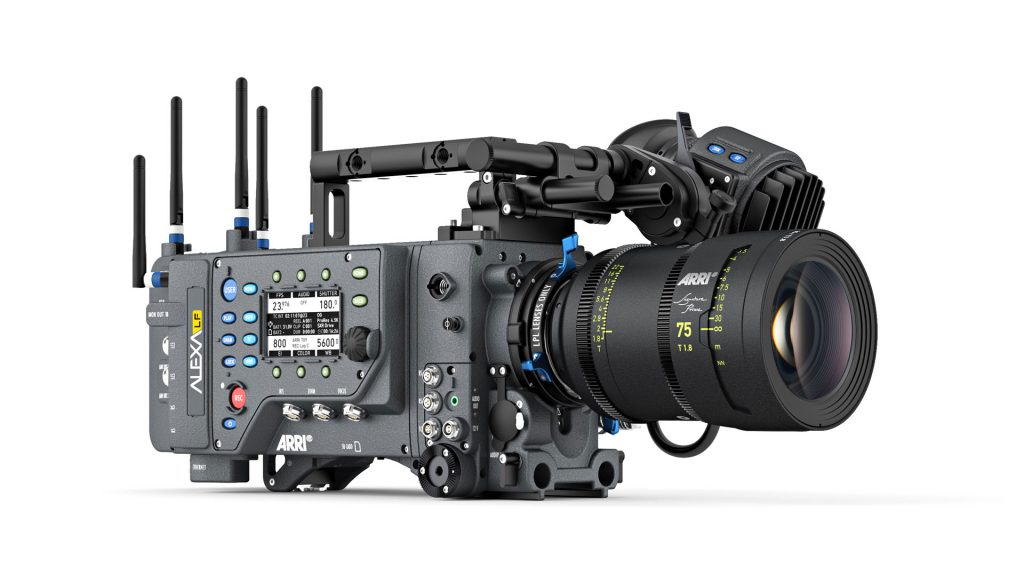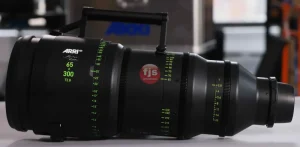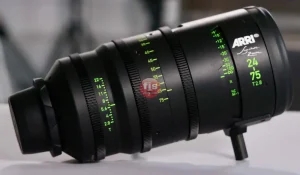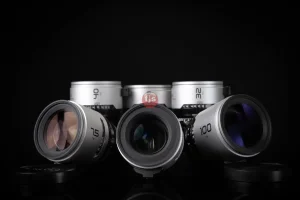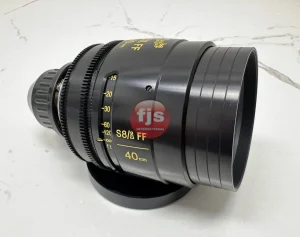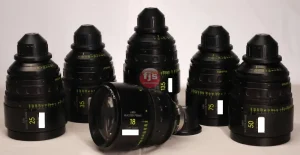Cinematic lenses are a must-have for any filmmaker. They can make or break the look of your film. But is every lens worth buying?
1:Pros and Cons of Each Lens Type
There are two main types of cinematic lenses: wide angle and telephoto. Both have their pros and cons, so it’s important to weigh the benefits of each before making a purchase.
Wide angle lenses are great for capturing more of the scene in front of you. They can create a more open and spacious look when shooting footage on a movie set or in a studio. However, they can also be less accurate when shooting close-ups or shots with people in them.
Telephoto lenses, on the other hand, are ideal for capturing detailed images from far away. They can make landscapes and wildlife look incredibly realistic, as well as provide an interesting perspective for filming scenes from high up. However, they can also be less versatile when it comes to shooting close-ups or scenes with people in them.
2:What to Look for in a Cinematic Lens
When shopping for a cinematic lens, its important to keep several factors in mind. These include the lens’s aperture (how wide or narrow it opens), focal length (the distance from the camera to the lens), and field of view (the area around the camera that will be in focus).
4:How Cinematic Lenses Impact Your Film
Once you have chosen a lens type and measured your footage, you need to experiment with different focal lengths and apertures to see what looks best on your film. A good way to do this is by shooting test footage with different lenses and varying settings in order to find what works best for your film.
5:Price vs. Quality Debate
When it comes to cinematic lenses, there is no one-size-fits-all answer. Thats because the quality of a lens varies dramatically based on its price. So, whether youre looking for a cheap lens or a high-quality one, youll need to do your research first.
6:Which Lenses Are Best for Filmmaking?
Now that you know the pros and cons of each type of cinematic lens, its time to decide which one is right for you. Here are a few tips to help you choose the perfect lens for your project:
-Take your time when shopping for a lens. Don’t rush into a purchase just because a particular lens is on sale. Instead, weigh the benefits of each lens type and decide which one will work best for your project.
-Always test footage with different lenses and settings to see what looks best on your film. This way, you can find the perfect focal length and aperture for your footage.
-Be aware of price differences between different lenses, as quality often affects price. If youre in doubt about whether a certain lens is worth the money, try testing it out before making a purchase.
7:How to Buy the Best Cinematic Lens for You
Now that you understand the pros and cons of each lens type, its time to learn how to buy the best one for your project. Here are a few tips to help you chose the perfect cinematic lens for your needs:
-Remember that quality often affects price. So, if youre in doubt about whether a certain lens is worth the money, try testing it out before making a purchase.
-When shopping for a cinematic lens, keep several factors in mind including the lenss aperture (how wide or narrow it opens), focal length (the distance from the camera to the lens), and field of view (the area around the camera that will be infocus).
-Always test footage with different lenses and settings to see what looks best on your film. This way, you can find the perfect focal length and aperture for yourfootage.
Conclusion
A cinematic lens is an essential part of any filmmaker’s kit. It can make or break the look of your film. So which lens is best for you? That depends on your needs and budget.

